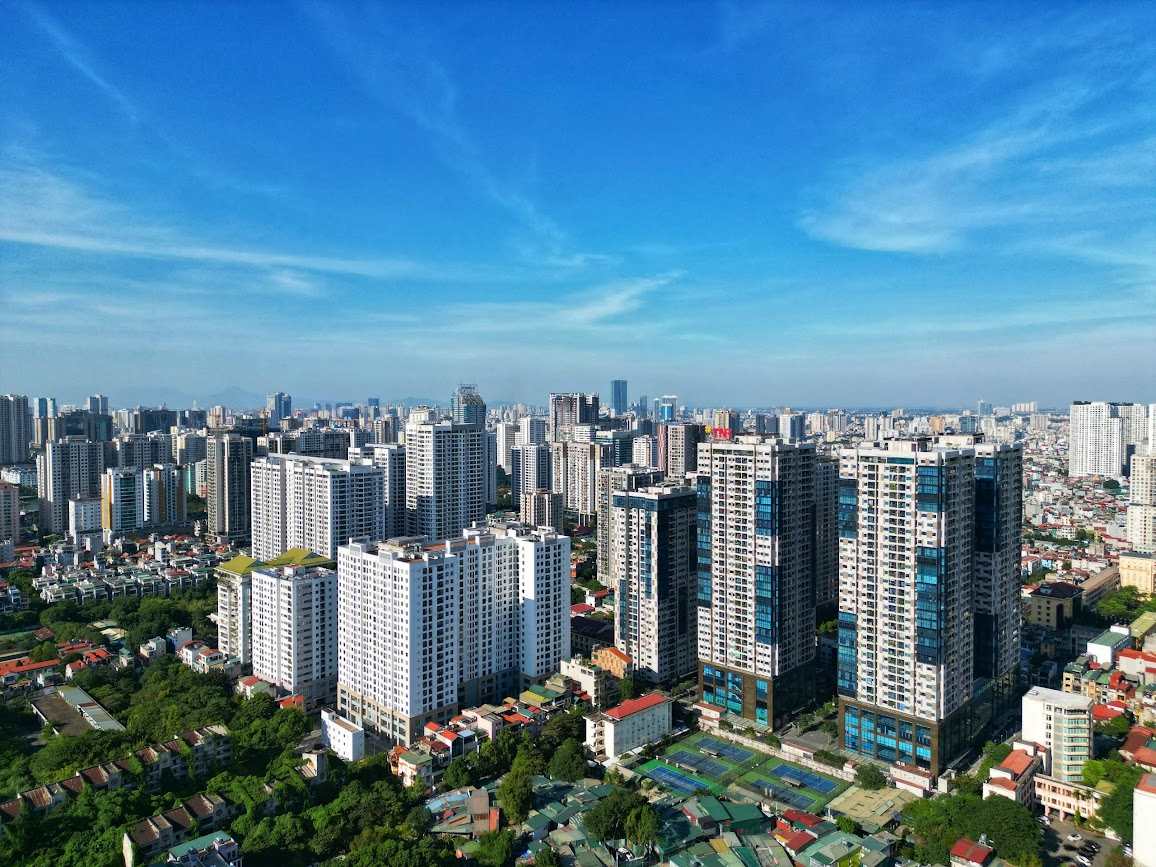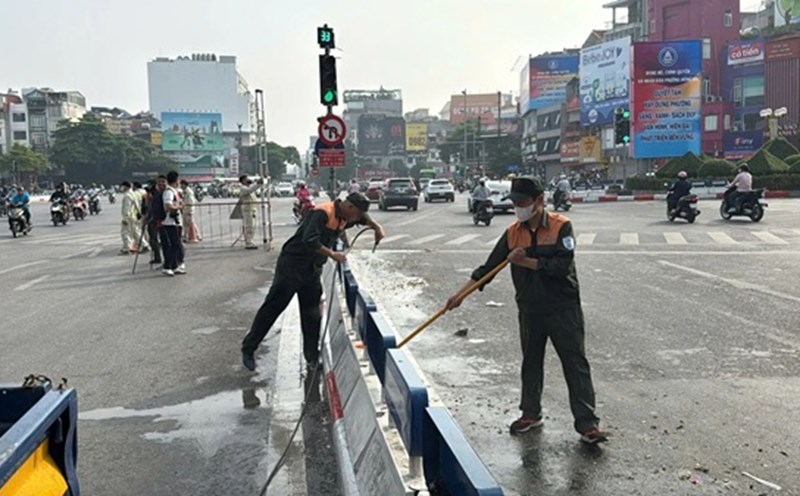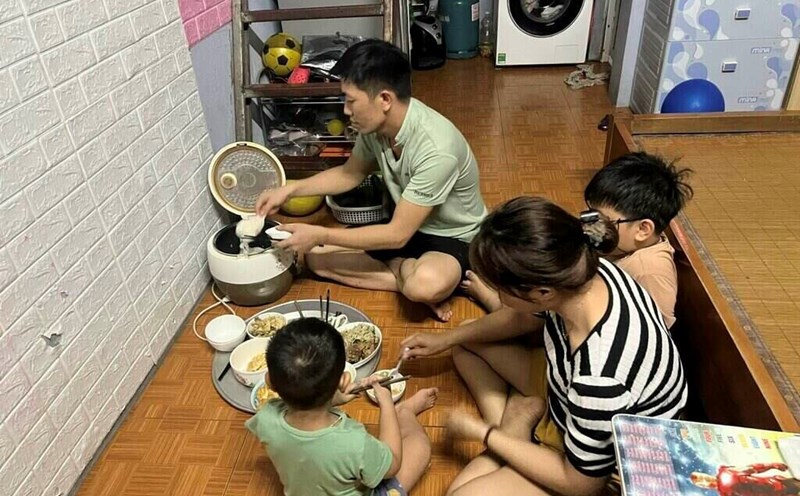To do this, Hanoi plans to spend VND 922,000 billion in the 2025 - 2030 period to accelerate infrastructure investment.
Opening a traffic "bottleneck"
I usually transport goods from Dong Anh to the inner city, less than 15km, and sometimes it takes nearly 2 hours a day. Traffic jams, traffic jams, hot weather... are real" - Mr. Nguyen Van Truong, a truck driver for more than 10 years, shared.
Mr. Truong is one of millions of people in the capital who are "living together" with the difficult problem of transportation every day.
Hanoi currently has more than 7 million motor vehicles, of which the majority are motorbikes. Every day, tens of thousands of vehicles flock to the center from suburban areas such as Gia Lam, Dong Anh, Dan Phuong, Thanh Tri... but the road network has not yet "ged" at the speed of urbanization.
Architect Tran Huy Binh - former officer of the Institute of Urban and Rural Planning - said: "Hanoi traffic is not only a problem of congestion, but also a consequence of lack of regional connectivity, district distribution of population, too many personal vehicles and the rate of public transport is too low, only about 12-14%. If the foundation is not changed, the city will be suffocated."
The draft Political Report presented at the 18th Congress of the Hanoi Party Committee stated: In the period of 2025 - 2030, the area that Hanoi prioritizes most is transport infrastructure. The city plans to complete or start construction of 14 major projects, from bridges across the Red River such as Tu Lien Bridge, Ngoc Hoi Bridge, Tran Hung Dao Bridge to belt routes and urban railways.
Notably, the Ring Road 4 - Capital Region with a total investment of more than VND56,000 billion will connect Hanoi with 7 provinces, creating a driving axis linking the key economic region of the North. Along with that, the Nhon - Hanoi Railway Station, Van Cao - Hoa Lac, Ngoc Hoi - Yen Vien urban railway lines will play a key role in reducing congestion and developing modern public transport.
In the period of 2025 - 2030, Hanoi will start construction and construct about 100km of urban railway (including routes 2, 3, 5), speeding up the expansion of the Metro line, connecting with express and regular bus routes.

Digital transformation and the knowledge economy towards a "Living City"
Not only hard infrastructure, Hanoi pays special attention to technology infrastructure and digital transformation. A series of strategic projects are being prepared and implemented such as the National Cloud Data Center, Smart Urban Operations Center, Capital's large data platform, high-tech parks in Hoa Lac and Bac Tu Liem.
Notably, the Nhat Tan - Noi Bai Smart Urban Area project with a total capital of more than VND94,000 billion is expected to become a creative and financial center, promoting the digital economy, creating a highlight for the development of the North of the Capital.
With a population forecast to exceed 10 million people by 2030, Hanoi also prioritizes environmental projects and improving the quality of urban life.
Among these, the project to renovate To Lich, Kim Nguu, Lu, and Set rivers will bring a new look to the urban area, contributing to the regeneration of rivers, developing green space, combining tourism and culture.
Another outstanding initiative is the program to convert 100% of electric buses. With a total investment of nearly VND49,000 billion, this is a big step forward in the goal of greening public transport, reducing emissions and improving air quality.
According to the report of the Hanoi Party Committee, in the period of 2025 - 2030, Hanoi will build 7 high-quality high schools in suburban districts such as Dong Anh, Gia Lam, Soc Son, Thanh Tri... to establish a network of advanced and modern schools, improving the quality of education synchronously between urban and rural areas.
A bright spot is the social housing development program with an investment scale of up to 145,000 billion VND. This is a specific step to solve the housing needs of workers, low-income people, civil servants, students - subjects who are under great pressure from the commercial real estate market.
The overall implementation of key projects and works in the 2025-2030 period of Hanoi shows a comprehensive development strategy, from transport infrastructure, digitalization, environment, education to housing, culture. The projects not only solve immediate problems but also lay a long-term foundation for the capital to become a modern, sustainable, livable and integrated city.











